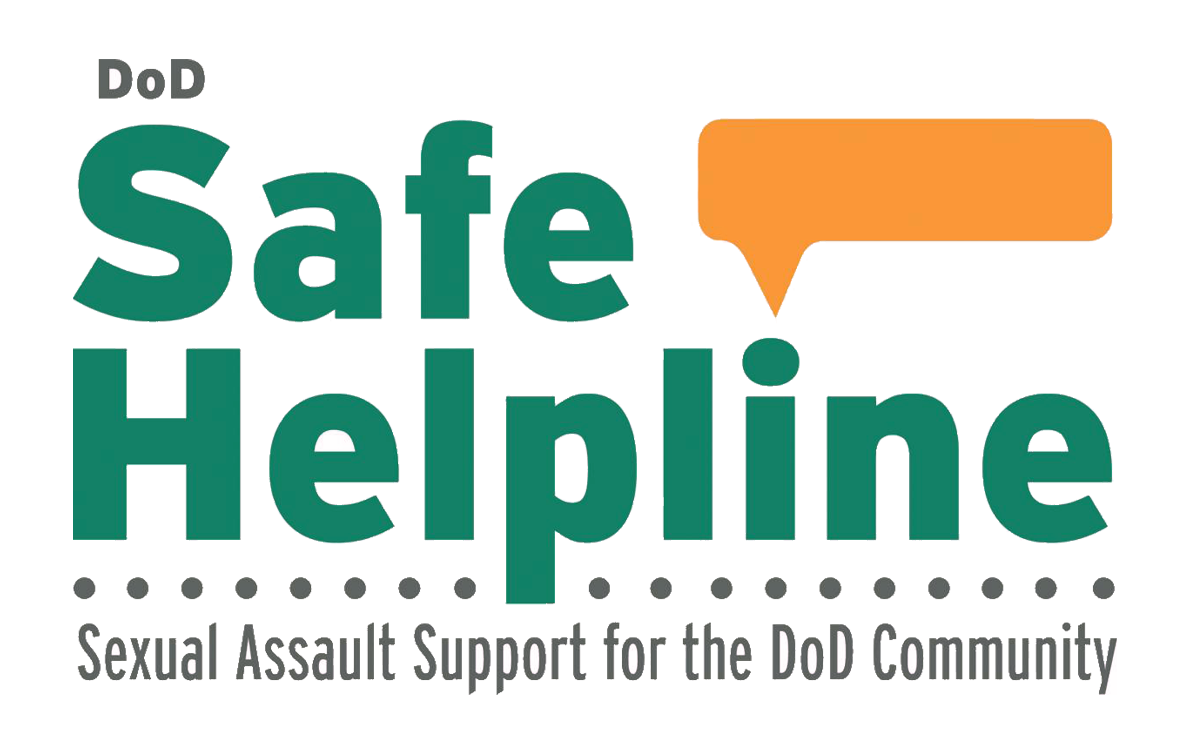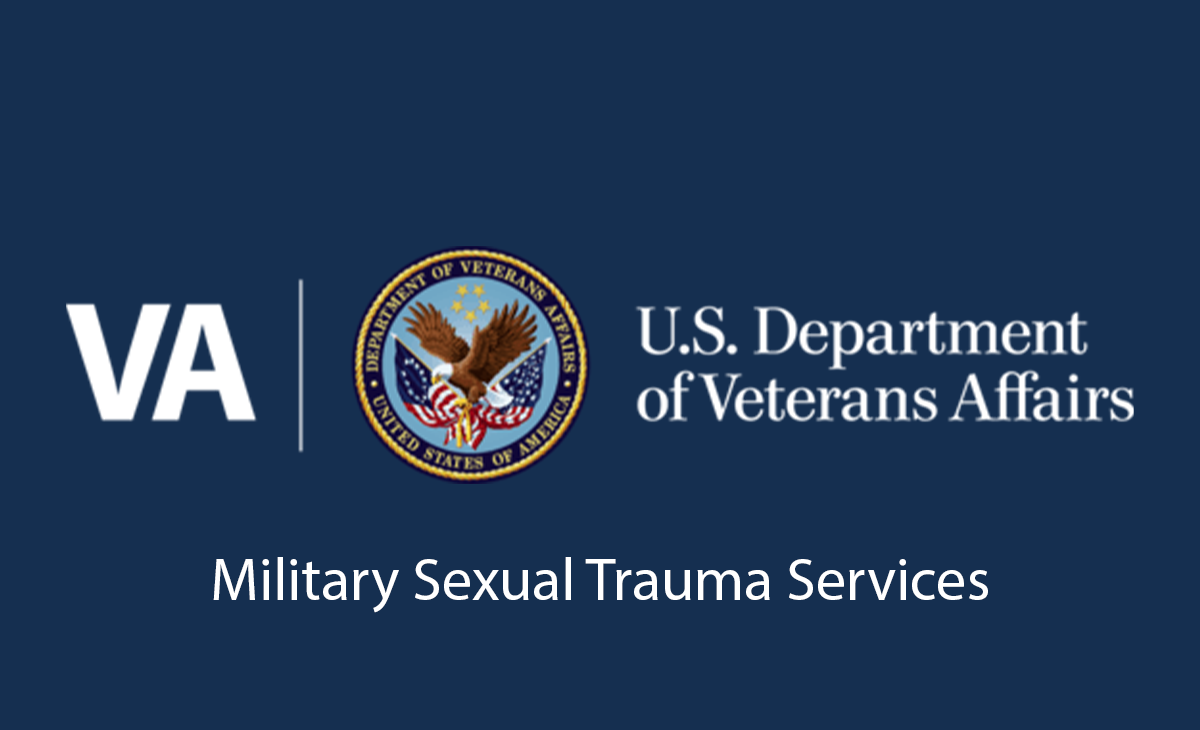

Understanding the physical, psychological and emotional effects of sexual assault on a survivor is essential to their healing process. Reactions to sexual assault can be physical, psychological or emotional.
- Physical and Psychological
- Anxiety
- Depression
- Difficulty focusing
- Isolation
- Low self-esteem
- Fears or phobias
- Nightmares
- Post-traumatic stress
- Flashbacks (remembering the assault)
- Alcohol or substance misuse
- Thoughts of self-harm, including body mutilation and suicide
- Emotional
- Denial
- Fear
- Sadness
- Embarrassment
- Detachment
- Anger
- Shock
- Shame
- Lack of control
- Confusion
- Emotionlessness
Pay Attention to What You Say to a Survivor
The most important thing to remember is to let the survivor lead the conversation.
Here are some conversation starters:
- “It took a lot of courage to tell me about this.”
- “Thank you for trusting me with your story.”
- “I care about you and am here to listen and help any way I can.”
- “This shouldn’t have happened to you. It must be tough.”
Empower them to make decisions on which steps to take:
- Ask, “There are resources available to help you recover and report what happened. Are you ready to talk about that?”
- Ask, “We don’t have to talk or decide about this right now, but can I send you a message with some resources?”
- Encourage the survivor to practice self-care to help them cope with the short- and long-term effects of a sexual assault.
- Say, “It’s important to keep your body healthy and strong to support your recovery.” And ask, “Can you think about a time when you felt physically healthy? Is there anything you did to start the day off right or wind down at the end of the day?”
- Say, “Emotional self-care means different things to different people. And ask, “Can you think about a time when you felt balanced and grounded? What activities did you enjoy? Was there someone, or a group that made you felt safe and supported?”
Tips about self-care after trauma
Learn more hereHow Can I Help if I Witness Something? Take Action!
As a band of brothers and sisters, we have a duty and obligation to act. Here are three things you can do:
- Notice the event.
- Interpret the event as a problem.
- Decide how to intervene: direct, distract, delegate, take action.
The 3D’s of Bystander Intervention
Direct
- Address the perpetrator: “You need to stop.” “Why would you say that?” “That is so inappropriate.”
- Remove either the potential victim or perpetrator from the situation/hostile environment, and say, “Hey, I want to show you something. Come over here with me.”
- Have personal courage to intervene, and say, “I don’t see how ____ is appropriate or relevant to this conversation.”
Distract
- Do anything that distracts the perpetrator: change the subject, ask the perpetrator or potential victim to do something else, or say, “I think someone is coming.”
Delegate
- Delegate others to intervene: have friends, squad/section members or coworkers take the perpetrator or potential victim out of the situation.
- Send someone to intervene (e.g., chain of command, MPs).
Find your SARC

